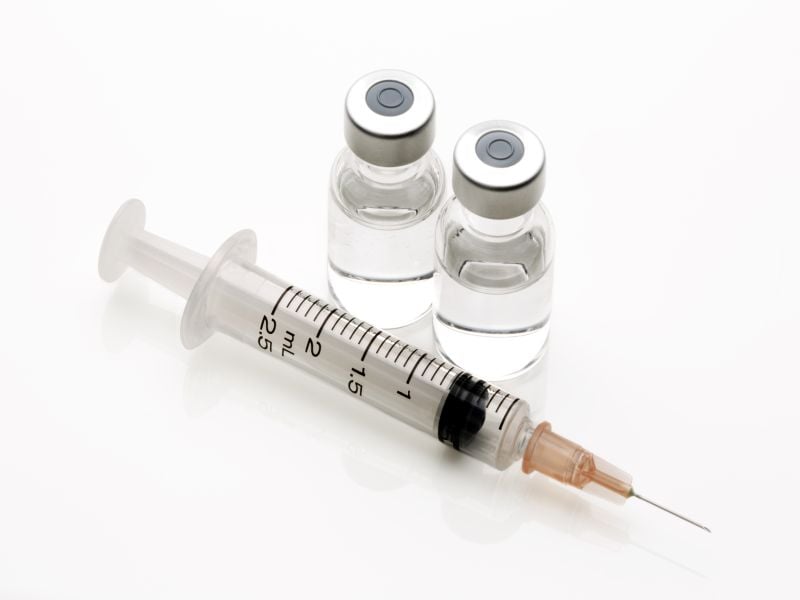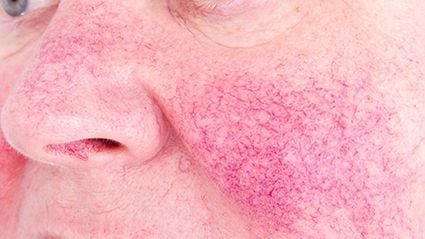
A chlamydia vaccine has triggered immune responses in an early trial, raising hopes that one day it might help curb the spread of the sexually transmitted infection (STI). There is currently no vaccine for chlamydia, which is the most common bacterial STI in the United States, according to the U.S. Centers for Disease Control and Prevention.… read on > read on >






























